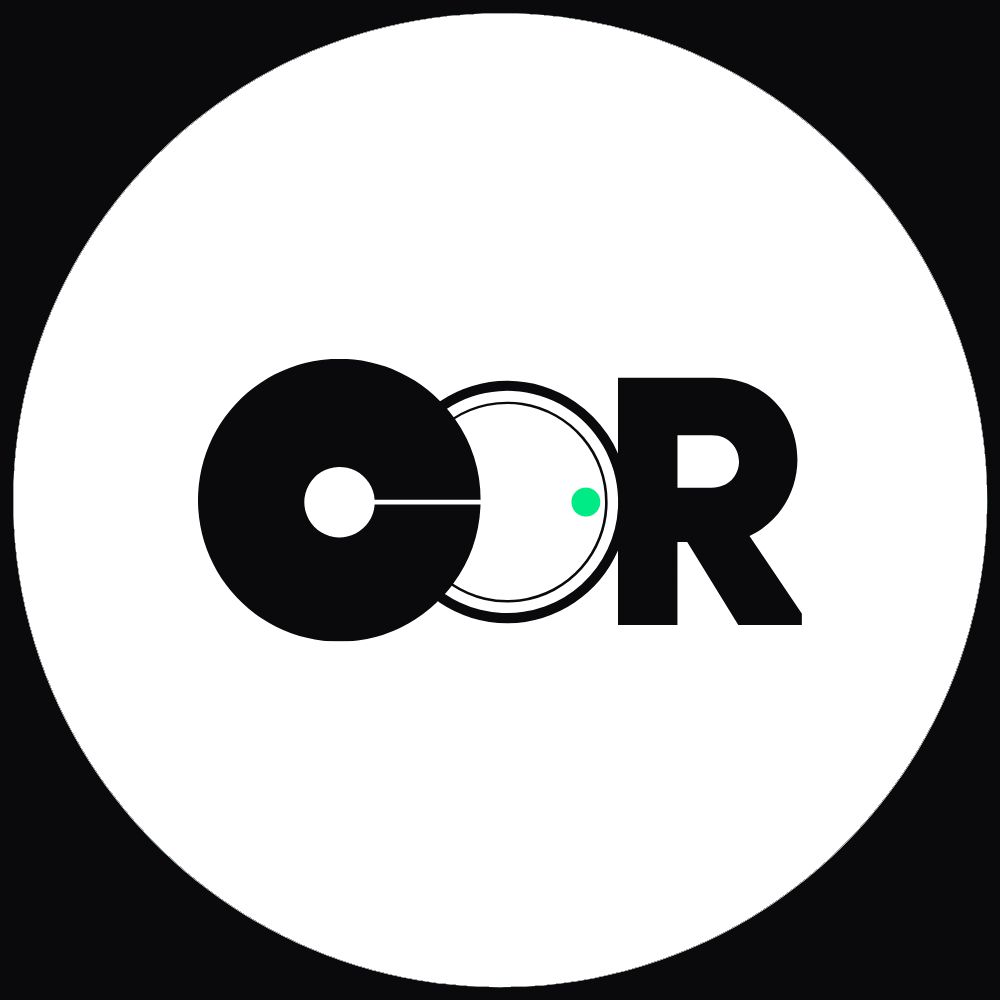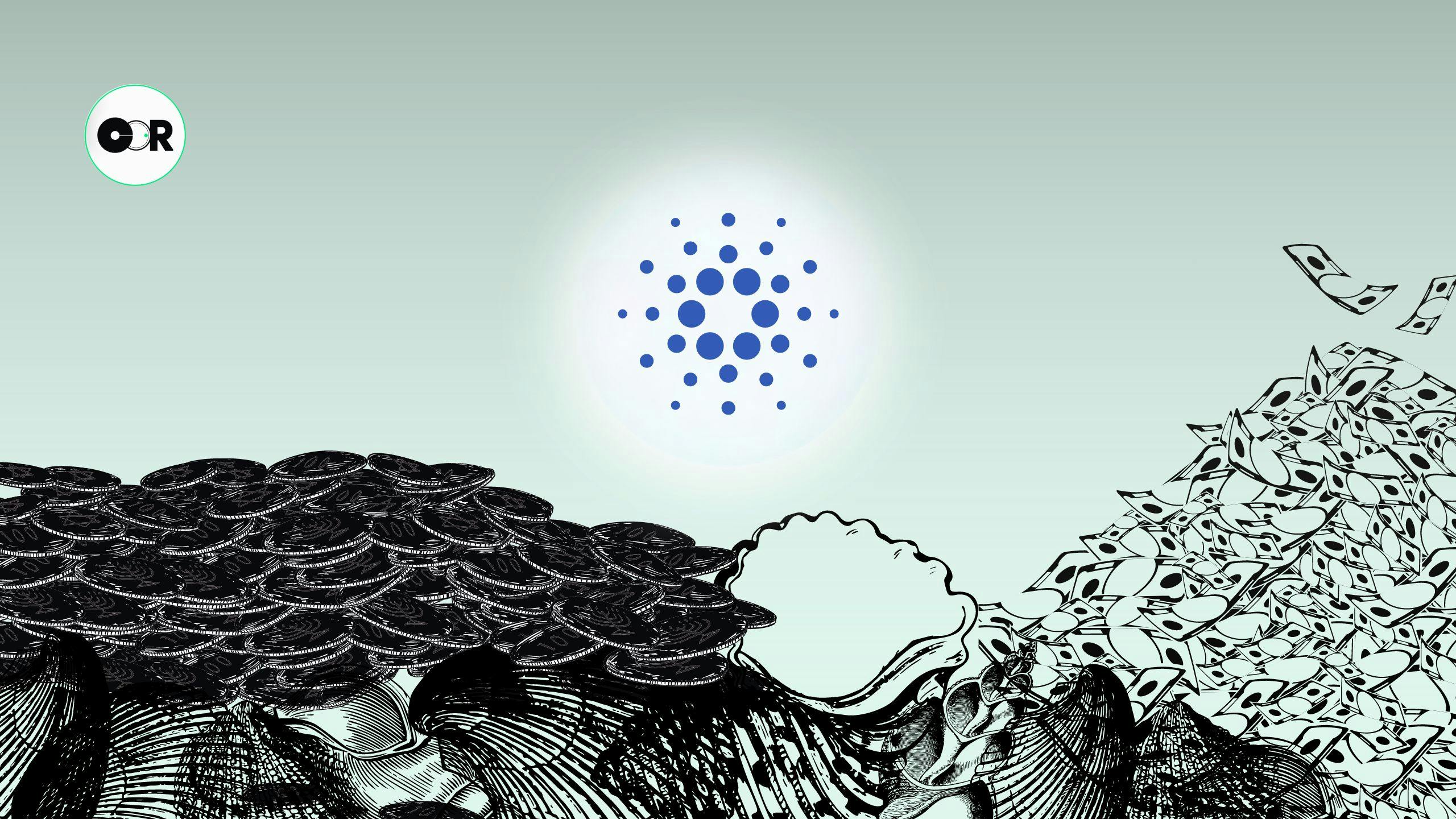2,370 reads
Why The Real Definition of Money Explains the Rise of Cardano
by
February 13th, 2022
Audio Presented by

A Cardano stake pool, founded by industry titans to fund COR issues plaguing our very existence.
About Author
A Cardano stake pool, founded by industry titans to fund COR issues plaguing our very existence.
